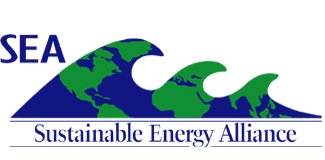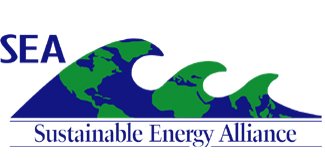The need to move to a "hydrogen economy". . .
. . .suggests a role for a clean, efficient, and much neglected energy source: nuclear. Like the fuel cell, the nuclear generator is a technology ripe for exploitation. Unlike the solid-core reactors of the past, pebble-bed modular reactors such as the one at Koeberg, South Africa, don't get hot enough to risk melting down. Koeberg uses small graphite-covered uranium balls rather than plutonium rods, and the reactor's cooled by helium rather than water. This new design is so efficient, it might make nuclear competitive with coal and oil. In any event, the nuclear power industry is in dire need of research for everything, from generation to waste treatment. Thus, $10 billion should be allocated to developing and securing nuclear technology that can power the hydrogen revolution.
(From How Hydrogen Can Save America, Wired magazine, April 2003)
Compared to the very real risk of catastrophic global climate change due to our current reliance on fossil fuels, is nuclear power really that dangerous? New nuclear reactor technology, several generations ahead of the designs we commonly know, are reportedly simpler, safer, and more efficient. With the new generation plants, the likelihood of a Three Mile Island or Chernobyl is ostensibly nil, and the statistically insignificant risk of serious problems is nothing compared to the myriad documented health problems resulting from burning coal, oil, and natural gas to produce our electricity.
Several good articles on nex-gen nuclear power may be found at:
Environmental Science & Technology Online
Living On Earth (audio)
M.I.T. Department of Nuclear Science and Engineering
Wired magazine, February 2005
Granted, there are too many cultural, environmental, and cost hurdles to make nuclear power a global warming panacea, but as one component of the future energy generation picture it certainly warrants consideration.
Compared to the very real risk of catastrophic global climate change due to our current reliance on fossil fuels, is nuclear power really that dangerous? New nuclear reactor technology, several generations ahead of the designs we commonly know, are reportedly simpler, safer, and more efficient. With the new generation plants, the likelihood of a Three Mile Island or Chernobyl is ostensibly nil, and the statistically insignificant risk of serious problems is nothing compared to the myriad documented health problems resulting from burning coal, oil, and natural gas to produce our electricity.
Several good articles on nex-gen nuclear power may be found at:
Environmental Science & Technology Online
Living On Earth (audio)
M.I.T. Department of Nuclear Science and Engineering
Wired magazine, February 2005
Granted, there are too many cultural, environmental, and cost hurdles to make nuclear power a global warming panacea, but as one component of the future energy generation picture it certainly warrants consideration.






